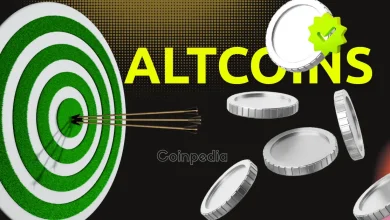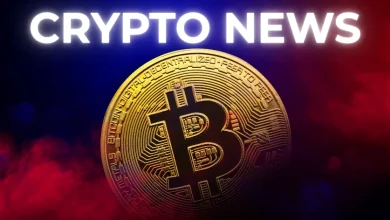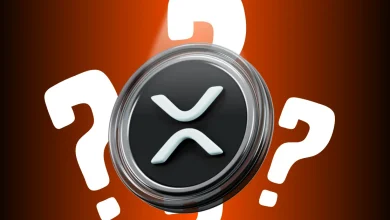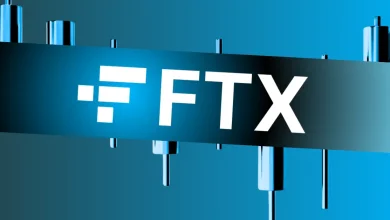
South Korea will allow institutional investors to trade crypto, expanding beyond retail traders.
Charities and universities can sell donated crypto from Q2 onwards, and exchanges may be allowed to use crypto for operating costs.
This move follows the establishment of a crypto regulatory framework and reflects South Korea's pro-crypto stance and growing market.
A year after introducing its cryptocurrency regulation framework, South Korea is taking a major step forward in expanding its crypto market. The country’s top financial regulator, the Financial Services Commission (FSC), has just announced plans to allow institutional investors to trade crypto – something that was previously limited to retail traders.
This shift could change the game for South Korea’s crypto industry, bringing in bigger players and potentially driving more liquidity into the market.
Here’s a breakdown of everything you need to know.
Institutional Investors to Enter the Market
Last month, the FSC hinted at a policy shift to include institutional players. Until now, only retail traders were allowed to participate in crypto trading.
According to the regulator’s statement, from the second quarter of this year, charities and universities will be permitted to sell crypto assets received as donations. The FSC is also considering allowing domestic crypto exchanges to convert their digital assets into cash to cover operating expenses.
New Guidelines to Protect Users
To ensure fair practices, the FSC will introduce a common sales guideline for crypto operators. This will help prevent exchanges from acting against the interests of their users.
This move follows an earlier decision made late last year, when South Korean regulators allowed law enforcement agencies to sell cryptocurrencies seized from illegal activities.
Strong Political Support for Crypto
South Korean President Yoon Suk-yeol has been a strong supporter of the crypto industry. During his election campaign, he promised policies that would help grow the local market.
The ruling People Power Party also backs the sector and has even called for the introduction of spot cryptocurrency exchange-traded funds (ETFs).
In July, 2024, the South Korean government introduced the Virtual Asset Investor Protection Act – the first attempt to establish a clear crypto regulation framework in the country.
South Korea’s Booming Crypto Market: An Overview
South Korea is one of the world’s largest crypto markets. According to Statista, the country’s crypto market revenue is expected to reach $823.4 million, with at least 12.41 million crypto users by 2025. The report also predicts the average revenue per user will rise to $66.3 by the end of the year.
Last month, Upbit, South Korea’s largest cryptocurrency exchange, became the fourth-largest centralized exchange in the world by monthly trading volume. Its 24-hour spot trading volume currently stands at $3.2 billion, with top trading pairs including XRP/KRW, LAYER/KRW, SBD/KRW, BTC/KRW, and USDT/KRW.
With new regulations and institutional investors entering the market, South Korea is cementing its position as a key player in the global crypto industry.
Never Miss a Beat in the Crypto World!
Stay ahead with breaking news, expert analysis, and real-time updates on the latest trends in Bitcoin, altcoins, DeFi, NFTs, and more.








